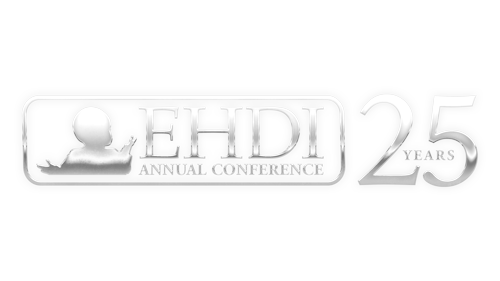2026 Early Hearing Detection & Intervention Conference
March 15-17, 2026 • Jacksonville, FL
Award Winner/Nominee Details 2023
Louis Sieminski
Dr. Louis Sieminski grew up in northeast PA. and his close friend Ray was born with hearing loss. Dr. Sieminski observed firsthand the effects hearing loss had on his friend's life. In 1965, Ray and Dr. Sieminski both went off to college on athletic scholarships. Ray, because of his hearing loss was not able to finish his freshman year. Dr Sieminski started taking college courses on hearing loss and received a B.S. in Speech Pathology and Audiology from West Virginia University. He later attended Temple University and obtained a Masters and Ph.D. in Audiology.
After graduation Dr. Sieminski opened a private practice Audiology office to help diagnose and treat children and adults with hearing loss. In 1994 he convinced the administrators of a local hospital to establish an infant hearing screening program and he volunteered his services. He convinced the hospital Auxiliary to purchase the equipment. The program at Nesbitt Hospital was one of the first of its kind in Pennsylvania.
In 1995 a Pennsylvania State Senator, a patient of Dr Sieminski, observed a baby wearing hearing aids in the waiting room. Dr. Sieminski told the Senator that Rhode Island recently passed a state Bill mandating infant hearing screening. He was told the baby was identified by the hospital's hearing screening program. Senator Lemond asked if Dr Sieminski would help him to make Infant Hearing Screening and Intervention a Pennsylvania law. Subsequently, the Pennsylvania Department of Health brought together experts in the field to discuss the state law proposal. The Pennsylvania Department of Health officials were not supportive of the need for or benefits of early identification and intervention, but Dr. Sieminski and a few others (Dr. Diane Sabo) strongly objected. The Pennsylvania Senate, at Dr. Sieminski's urging, established a 20 Pennsylvania hospital pilot project. Dr. Sieminski volunteered his services to help to establish these pilot programs. He also traveled the state with other experts to inform physicians and others about the benefits of the project. A major opponent of the Senate Bill was the then Governor of Pennsylvania. Dr. Sieminski met with the Governor and his staff members to explain the Program and how the Bill would change the lives of those born with hearing loss. The Governor promised Dr. Sieminski he would not oppose if the Pennsylvania Senate and House would pass the Bill. The Bill passed unanimously! Dr. Sieminski also met with the leaders of the Amish to allow midwives to test those babies born out of hospital.
In 2001The Infant Hearing and Intervention Bill was signed into law. Dr. Sieminski was present and was given the pen used to sign Senate Bill 100 into law! Dr Sieminski was appointed by the Governor to serve on the first Program Advisory Board as well as 3 other terms. Dr Sieminski's presentation at the 2009 EDHI Conference, "Needed Funds and Data Review for an Effective Statewide EHDI Program", was meant to help other states operate a more effective statewide program.
